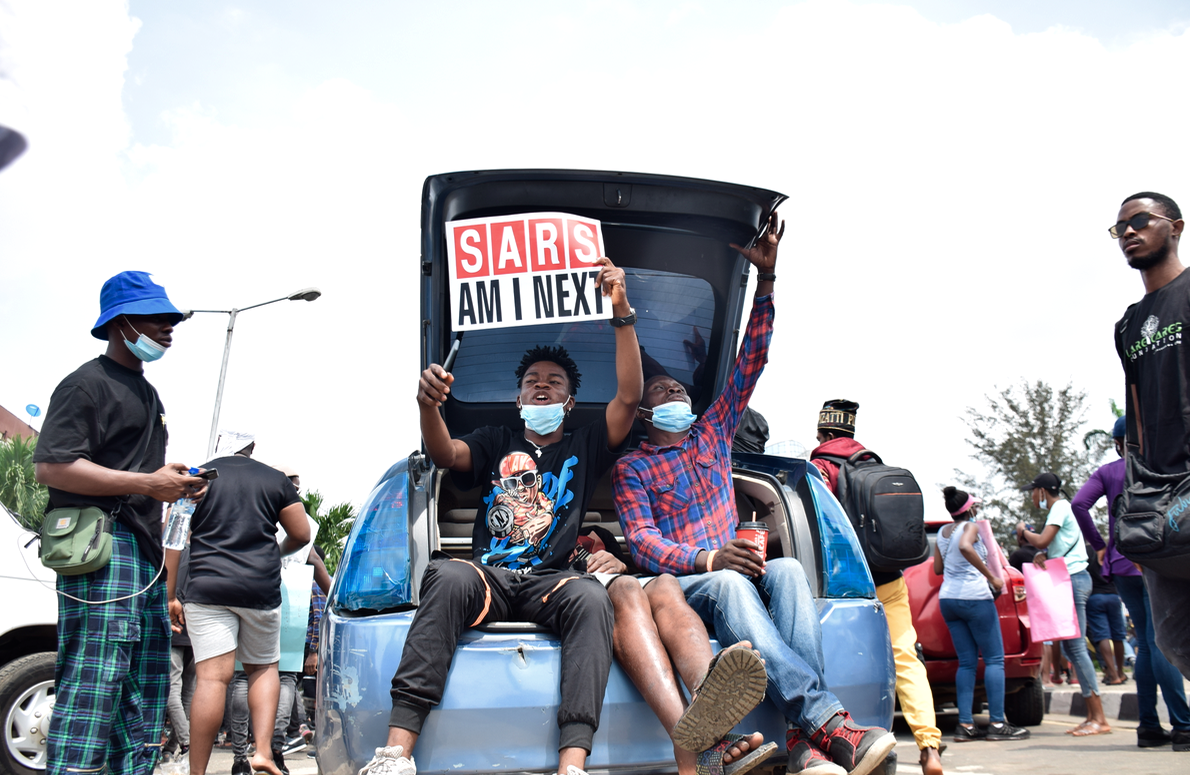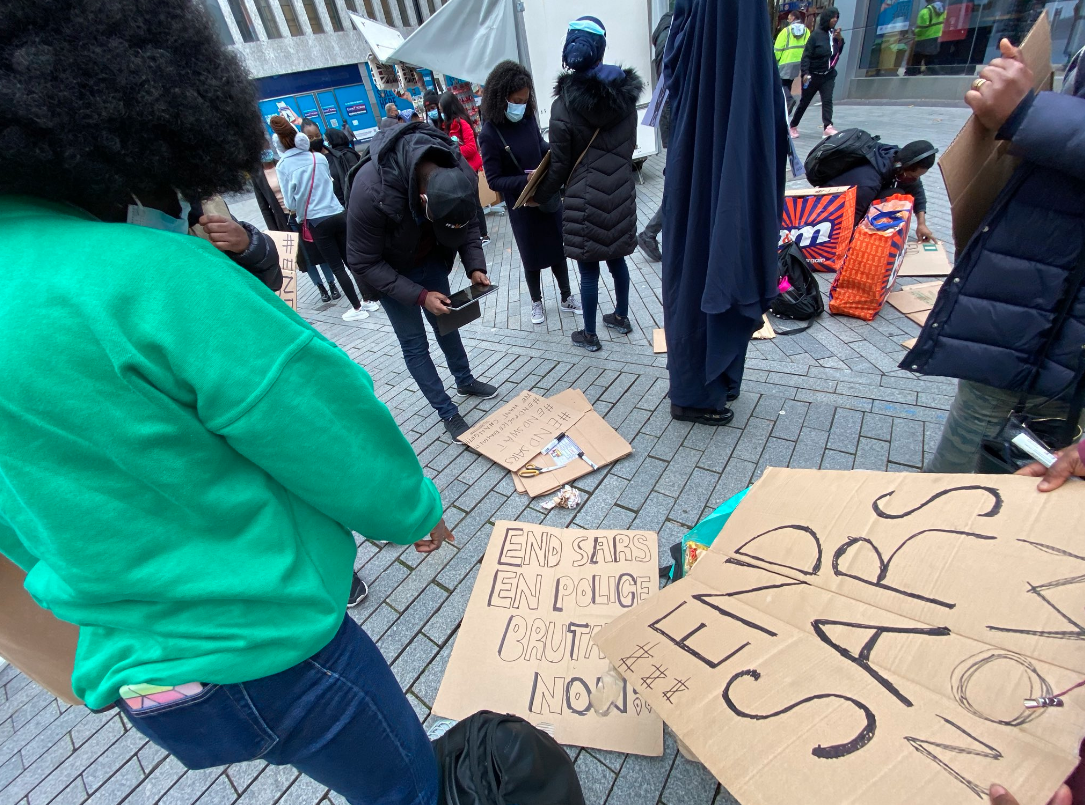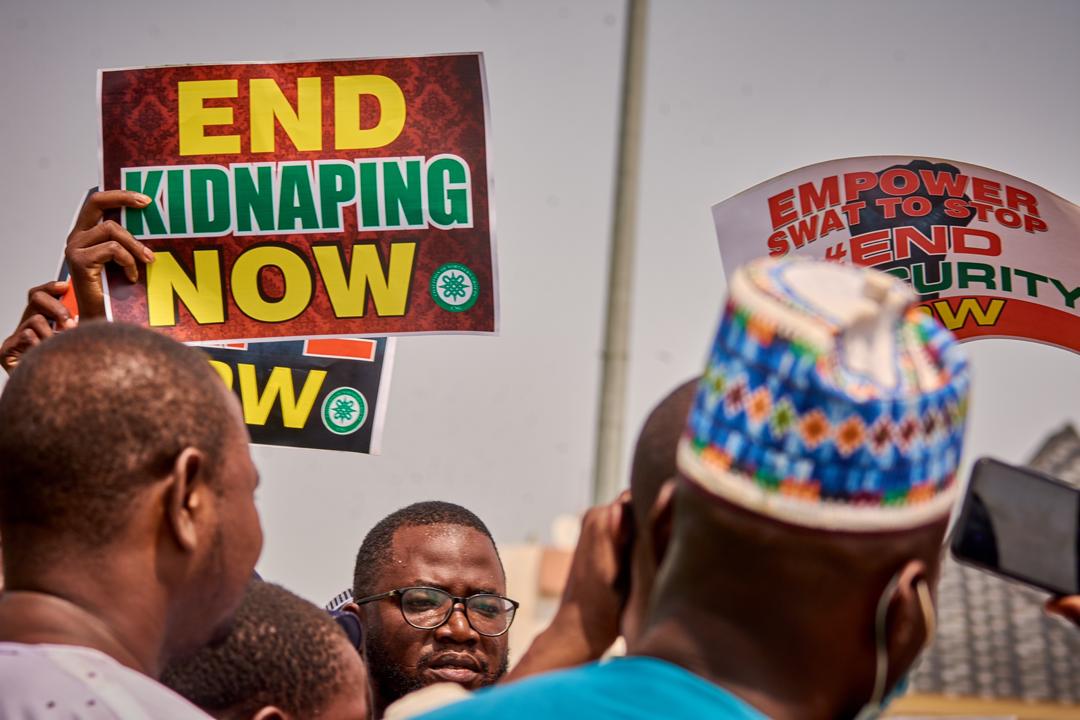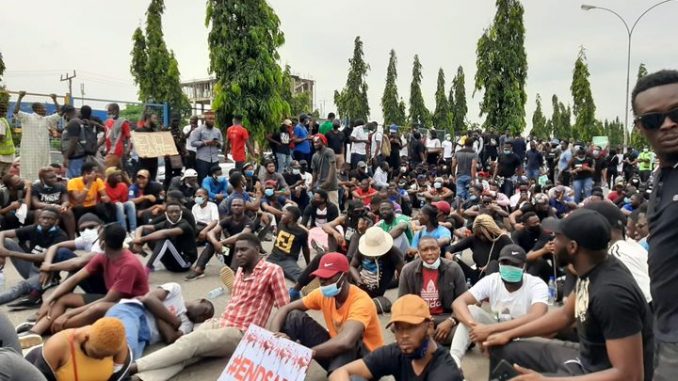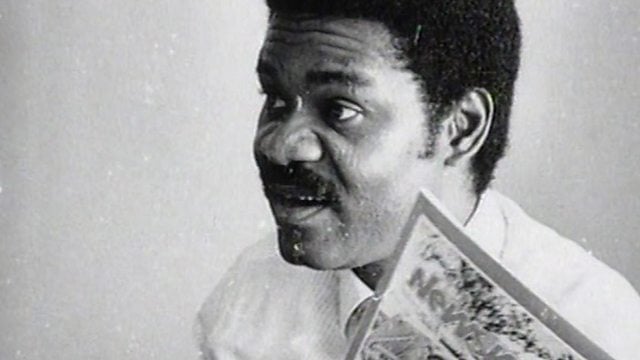Revolutions often start, as we say in Nigeria, ‘like play, like play.’ The current #EndSARS campaign rocking the Nigerian polity started out in much the same way as the French Revolution of 1789 which, perhaps, is the most famous of all revolutions in history books.
Everything was wrong with France before the revolution: mass discontent, social disequilibrium, political conflicts, excesses of the ruling class and serious economic hardship signposted by the high cost of bread.
Nigeria of 2020 is no different from France of 1789. In France, the anger of the people was especially reserved for the Queen, Marie Antoinette, who they regarded as being tone-deaf and out of touch, a characterisation fuelled by her alleged retort that citizens should eat cake if they could not afford to buy bread, which had become expensive. Though the current Nigerian leader, President Muhammadu Buhari, is similarly regarded as tone-deaf and out of touch, he is yet to be caught in a major anti-people faux pax as the French Queen.
On the contrary, his seeming aloofness is seen as the reason so much grass continues to grow under his feet. In the eyes of the people, Mr President is only in office but not in power. Citizens are especially worried that the Chief Executive of Nigeria is fast asleep; if not, much of the social, economic and political hardships being experienced by Nigerians should long have been addressed head-on. All the same, the people appear ready to continue to lap up every rhetoric of government like they have been doing since Independence in 1960. Under the military, they waited in vain for the fulfilment of the promise of ‘better life’ for Nigerians. With successive civilian administrations, they have put up with the non-delivery of the much anticipated ‘dividends of democracy’ across all four Republics. The docile posturing of the citizens notwithstanding, it is evident that citizens are wound tighter than a two-dollar watch, ready to break.
Advertisement
The ticking time bomb was set off when young Nigerians voiced their outrage at the impunity of the officers and men of the Federal Special Anti-Robbery Squad (SARS), a unit of the Nigeria Police. Long derided as ‘lazy,’ the youth peacefully demonstrated their anger at being the primary targets of extra-judicial killings, illegal arrests and detention, mindless extortions and extreme torture of suspects by SARS officers. More than one week after the protests began under the umbrella campaign of #EndSARS, Nigerian youth are still on the streets.
Let us make no mistake, #EndSARS 2020 is not a mere call to government to ‘reform’ or ‘scrap’ a unit of the police force. It is far bigger than that. It is essentially a campaign to call out every conscientious citizen as well as the international community to address issues that in 60 years of independence have tended to always reset Nigeria to the default operating mode of cyclical absence of forward-thinking leadership, poor governance, lop-sided development, nepotism, impunity, high mortality rate, endemic corruption and the mismanagement of education, among others. These, all are agreed, are at the root of Nigeria’s growing lack of competitiveness on the global stage despite our widely acknowledged abundance of natural and human resources.
Indeed, #EndSARS 2020 is a referendum by Nigerian youth on the quality of governance in the country. It is good that government, too, is aware of this. In times past, a typical Nigerian government would have responded by unleashing violence on protesters. This time, government attempted to bow to the wishes of the people by scrapping SARS in disregard of the initial position of the police hierarchy that doing so “will be difficult.” Even at that, the Inspector General of Police, Mohammed Adamu, still sought to appropriate the decision ‘in the finest spirit of democratic, citizen-centred and community policing.’ But the hasty replacement of SARS with the Special Weapons and Tactics (SWAT) team across the 36 State Commands and the Federal Capital Territory (FCT) did not go down well with the people. It appeared to be too cosmetic and it certainly did not go deep enough to address underlying issues of a complete overhaul of the system. For these reasons, the protests have not abated.
Advertisement
There are important leadership lessons to be learnt from the ongoing #EndSARS campaign. First is that leadership is no rocket science; all that is required is to emplace systems that would virtually operate on autopilot mode. This reinforces the argument that a nation could be better run with strong institutions than with strong men. Without a single known individual or group as ‘leader,’ #EndSARS has probably been the most effective, most successful, non-violent (so far) and non-openly co-ordinated protest in Nigeria. The organisational ability of the faces behind the mask is astounding. Also to be commended is the openness with which #EndSARS campaigners have continued to render account of income and outflows, without the benefit of a formal ‘Federal Account Allocation Committee” (FAAC) and without complaints of ‘fraud’ or ‘embezzlement’ that is a catch-phrase in public expenditure in Nigeria.
Equally commendable is the effective and seamless line of communication amongst campaigners. Indeed, Government should learn useful lessons in public information management from this campaign. The campaign has certainly shown that a ‘good cause’ will always naturally be supported by the people, without coercion, without financial inducements and without ethnic or religious sentiments attached to it. This is what patriotism is all about.
As yet, #EndSARS is still unfolding. No one can predict when or how it will end because Nigeria has not experienced anything like it. The campaign presents an opportunity to effect a mental re-orientation on how Nigeria is or should be governed. The philosophy behind #EndSARS and the unity of purpose that has sustained it will endure, if citizens continue to hold their representatives and government to account. Clearly, Nigerians need to step up the renewed awareness that power, truly, belongs to the people and that it is only held in trust by elected public officers. United, we shall get the kind of leaders that can drive positive development. Nigerian youth, too, having now realised the enormity of the power they wield as agents of change, must continue to wield that power responsibly for the good of their fatherland. Our country, without doubt, is blessed with young people with the capacity to change the narrative that ‘nothing works in Nigeria.’ Our youth have since proved that all they want is room to bloom and be the best for themselves and for their country. They have also proved that they are no longer content with sleeping on their rights. Fine. Let the country, too, be serious about harnessing their talent and catching, not killing, them young.
Adekanmbi is a Lagos-based communications consultant and public affairs commentator.
Advertisement
Views expressed by contributors are strictly personal and not of TheCable.

